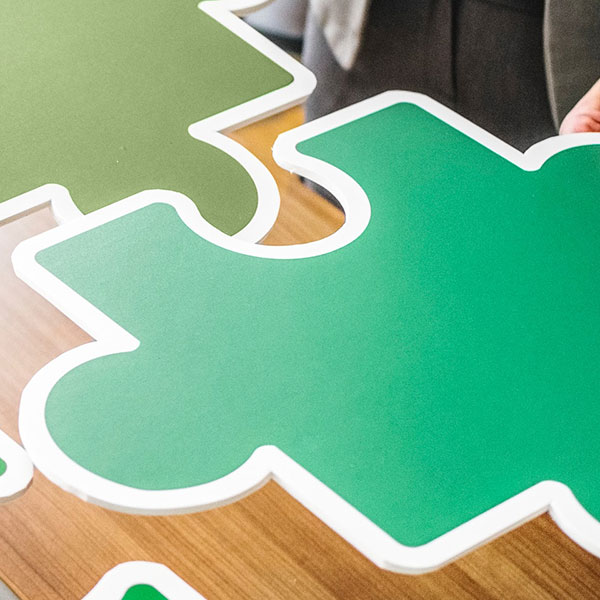Metadata Practices
Best Practices and Supporting Use Cases for Metadata 2020 Principles In May 2019, we issued a call for comments on a draft set of high-level, aspirational principles designed to “advocate for all of us to be good metadata citizens.” Thanks very much to the project group and the community for input on this resource. Here we present the finalized version based on this input, and include practices and use cases to support the goals of the principles.












 The content of this site is licensed under a
The content of this site is licensed under a